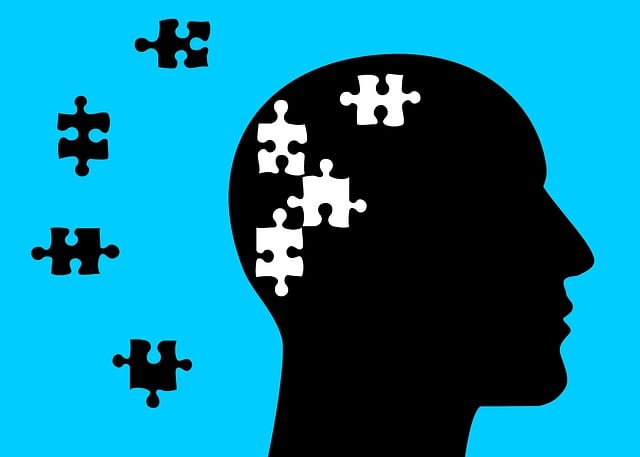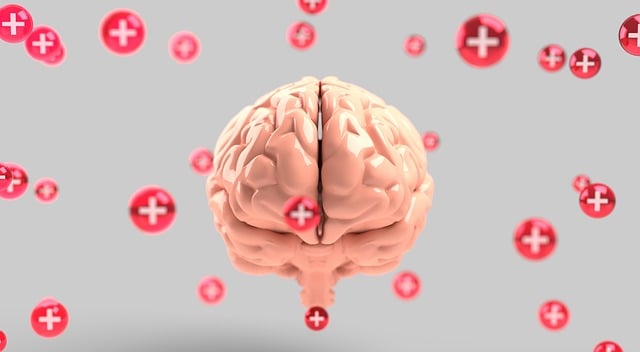Mental health advocacy, exemplified by programs like Westminster Functional Neurological Disorder Therapy (WFNDT), plays a vital role in supporting individuals with disorders such as FND. Through community outreach and education, these initiatives reduce stigma, promote understanding, and foster support networks. WFNDT's holistic approach, combining evidence-based practices with creative therapies, improves mental wellness outcomes for FND sufferers. Effective advocacy strategies include designing mental health education programs, developing coping skills, and encouraging self-awareness to break down barriers and empower both advocates and affected individuals.
Mental health advocacy plays a pivotal role in shaping public perception and policy, ensuring support systems are in place for those facing challenges. This article delves into the essence of mental health advocacy, highlighting its impact on vulnerable populations. We present a case study of Westminster Functional Neurological Disorder Therapy, showcasing innovative approaches to care. Additionally, we offer practical strategies for individuals eager to contribute, fostering a culture of understanding and support, with a special focus on unique initiatives like Westminster’s model.
- Understanding Mental Health Advocacy: Why It Matters and Who Does It Benefit?
- Westminster Functional Neurological Disorder Therapy: A Case Study in Creative Approaches
- Getting Involved: Effective Strategies for Advocating for Mental Health Initiatives
Understanding Mental Health Advocacy: Why It Matters and Who Does It Benefit?

Mental health advocacy plays a pivotal role in creating awareness, reducing stigma, and ensuring support systems are in place for individuals grappling with mental health challenges. It involves championing the rights and needs of those affected by mental illness, promoting understanding, and advocating for better access to care. This is crucial because mental health issues, such as functional neurological disorder (FND), impact a significant portion of the population. Advocacy initiatives aim to educate both the public and professionals, fostering an environment where individuals with FND or other mental health conditions can thrive without fear of judgment or inadequate support.
These efforts benefit not only those directly affected but also contribute to the development of inner strength within communities. By implementing community outreach programs and risk assessment strategies for mental health professionals, we can ensure that advocacy reaches underserved populations. Westminster Functional Neurological Disorder Therapy, for instance, exemplifies how specialized therapy can empower individuals with FND to reclaim their lives. Through these initiatives, we move towards a society where mental well-being is prioritized, and everyone has access to the resources needed to build resilience and lead fulfilling lives.
Westminster Functional Neurological Disorder Therapy: A Case Study in Creative Approaches

Westminster Functional Neurological Disorder Therapy (WFNDT) is a pioneering initiative that showcases innovative approaches to mental health advocacy. This therapy program focuses on functional neurological disorders (FNDs), conditions often misunderstood and misdiagnosed, leading to significant stigma. WFNDT takes a holistic approach, combining evidence-based practices with creative strategies to address the unique challenges faced by individuals with FNDs.
The initiative emphasizes the importance of compassion cultivation practices, fostering an environment where clients feel understood and supported. By integrating art therapy, mindfulness exercises, and peer support groups, WFNDT aims to reduce the mental illness stigma associated with FNDs. This case study demonstrates that creative interventions can significantly enhance mental wellness outcomes, offering hope and improved quality of life for those navigating these complex disorders.
Getting Involved: Effective Strategies for Advocating for Mental Health Initiatives

Getting involved in mental health advocacy is a powerful way to contribute to causes that resonate deeply. Whether you’re an individual with personal experience or a professional like a Westminster Functional Neurological Disorder Therapy practitioner, there are effective strategies to champion mental health initiatives. One key approach involves Mental Health Education Programs Design. By sharing knowledge and raising awareness through workshops, seminars, or online resources, individuals can empower others to recognize symptoms and seek appropriate support. This proactive step breaks down stigma and encourages early intervention.
Another vital strategy is Coping Skills Development and Self-Awareness Exercises. These tools are invaluable for both personal growth and advocacy. By learning effective coping mechanisms and practicing self-awareness, individuals can better manage their own mental health while also developing empathy and understanding for others. This dual benefit strengthens the advocate’s voice and enables them to offer genuine support and guidance to those facing mental health challenges.
Mental health advocacy initiatives, such as the innovative approaches seen in Westminster Functional Neurological Disorder Therapy, play a pivotal role in fostering understanding and support for those dealing with mental health challenges. By engaging in effective strategies outlined in this article, individuals can contribute to creating a more inclusive society that prioritizes mental well-being. Initiatives like these not only benefit the affected individuals but also enrich our communities as a whole.












